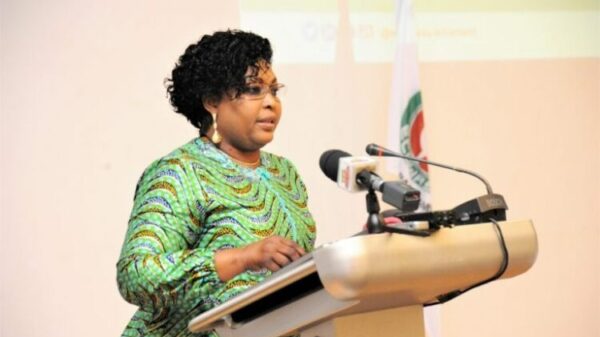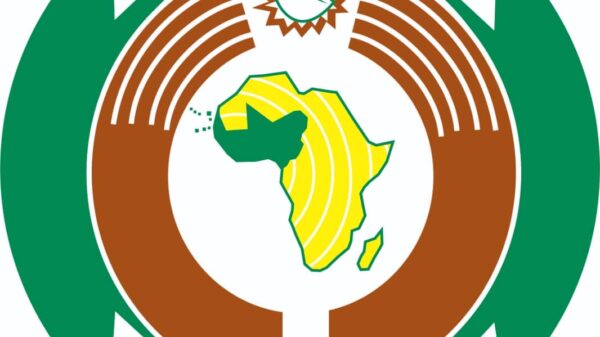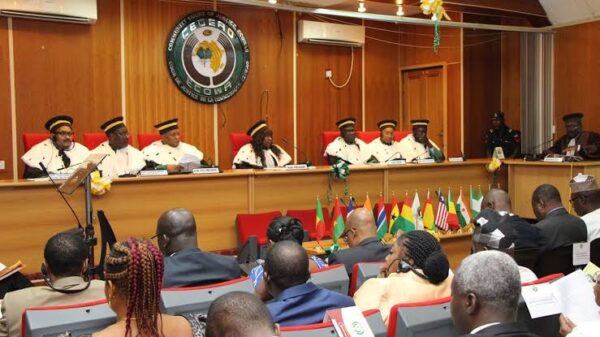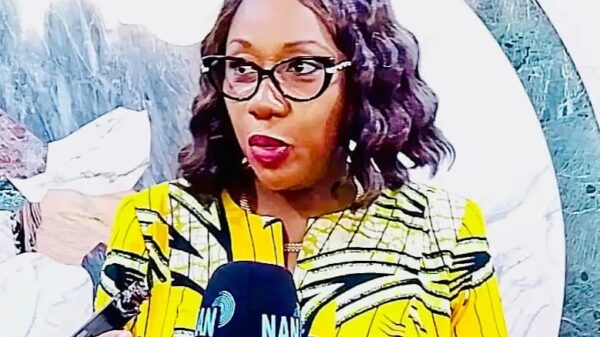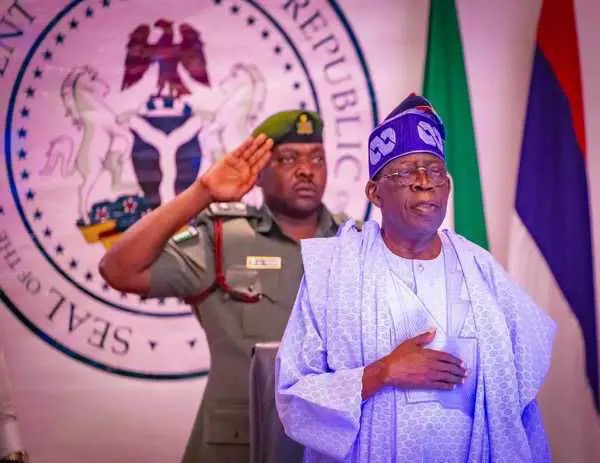The Federal Government has insisted that the social media is a menace and should be regulated in Nigeria.
President Bola Tinubu reiterated the regulation of the social media on Thursday in Lagos at the Book Presentation of Nigerian Public Discourse: The Interplay of Empirical Evidence and Hyperbole, authored by Mr Babatunde Fashola, a former Minister of Power, Works and Housing.
Tinubu, who was represented by his Chief of Staff, Mr Femi Gbajabiamila, said that the social media conveyed a lot of fake information, which continued to mislead the citizens, hence, should be regulated.
He said that the ninth assembly attempted to work on the regulation but was resisted very vigorously by civil society.
According to him, people are living through one of the most fraught periods in modern human history.
”The world is changing all around us. The international settlements underpinning the global order since the end of the Second World War are being renegotiated in real time across Europe, Asia, and the Middle East.
”Amidst this global turmoil, we are at home confronted by difficult public policy choices and decisions that must be made to ensure our children’s future and our country’s prospects.
”In this historical moment, as we confront and overcome the challenges that threaten our future, we have an obligation as leaders in politics and government to engage in evidence-based discourse and data-reliant decision-making as a matter of course.
”But as citizens interested in the issues of state and governance, the obligation is even more significant to ensure that our engagement with each other springs from a shared agreement on what truth is, what is real and what isn’t.
”We live in what some observers have described as a post-truth world. This is a world where nothing is real, politics is fuelled by emotive arguments, and objective facts are less influential in shaping public opinion than appeals to identity and personal belief.
”In this new world, public discourse is driven by alternative facts, dropped with reckless abandon on social media and technology, including artificial intelligence tools, allowing for the creation of false realities to confuse and deceive people and distort perceptions of what is real and what isn’t,” he said.
Tinubu said that the challenge faced and that must be met head-on was how to return to having a public discourse and a political and policy decision-making process that would overcome the new paradigm.
”We must because, if we cannot agree on common truths and don’t exist in the same reality, then we cannot develop the shared values and a common purpose that is the central requirement for cohesion and national identity,” he said.
According to him, the book – ”Nigerian Public Discourse: The Interplay of Empirical Evidence and Hyperbole” – has set out to address this challenge.
He said that the author, in his usual style, he had approached the subject with an abundance of scholarly rigour, bringing his considerable intellect, wealth of experience, and passionate patriotism to a critical subject matter that had been too long ignored.
The President said that throughout Fashola’s public service, he had made it a point of duty to seek out and try to solve the thorniest problems and the most difficult tasks.
”This book is part of that legacy and is evidence of a continued determination to be a part of the solutions that advance the cause of our humanity and ensure the progress of our nation and her people.
”I am confident that the insights of this book will enlighten, influence, and improve our public discourse.
”It will impact the way we make decisions in government at all levels, as we strive collectively to meet the promise and overcome the perils of this critical moment in our nation and in the history of the world,” he said.
Similarly, Gov. Babajide Sanwo-Olu of Lagos State, who was represented by his deputy, Dr Obafemi Hamzat, also stressed on a regulatory framework of the ‘new media’, also known as the social media.
Sanwo-Olu said that data information had its own advantages and disadvantages, especially if it was gathered either truthfully or falsely.
He said that data was important for implementation of national policies, as a developing country cannot succeed without data, adding that with ‘deterministic data’ and ‘proper documentation’, it would give room for development.
On bridging gap of trust between the people and government, the governor warned the public especially the media on sensationalising issues, but tie them to positive context for the betterment of all.
”We need to stop conceptualizing issues but be emotive about it. Also, let’s spread the positives of governance and refrain from negativity,” Sanwo-Olu said.



